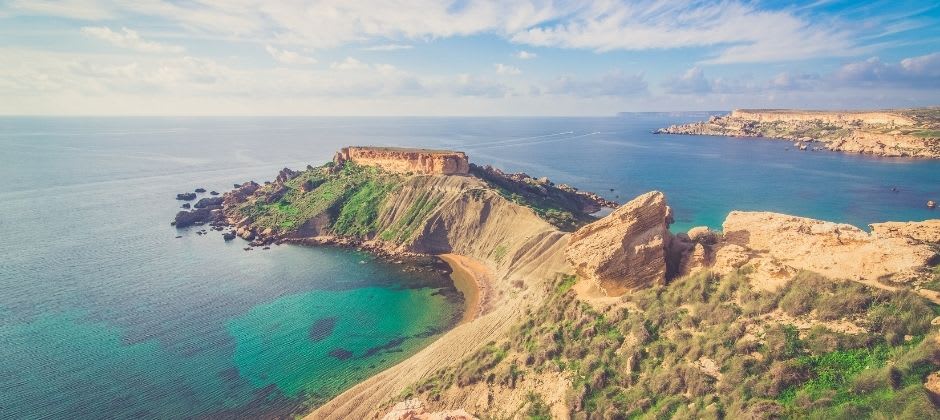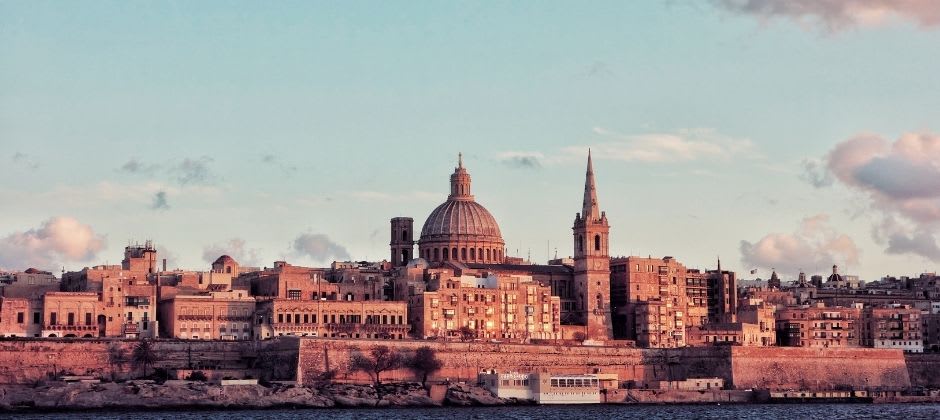Study in Malta: Education in Malta
Malta is part of the EU. This means that it’s part of the Bologna Process. The Bologna Process ensures that all universities that are involved deliver consistently high standards of education. As such, you can be ensured of a world-class education in Malta.

Malta is part of the EU. This means that it’s part of the Bologna Process. The Bologna Process ensures that all universities that are involved deliver consistently high standards of education. As such, you can be ensured of a world-class education in Malta.
The Bologna Process also means that Maltese higher education is divided into three tiers, known as cycles.
- First cycle - this is the undergraduate cycle. Bachelor’s degrees almost always run for three years, no matter the subject.
- Second cycle - this is the postgraduate cycle. Master’s degrees normally take two years to complete, although accelerated programs take only one year. Some Master’s programs are only run once every two years, so the next round starts when the previous round has finished.
- Third cycle - this is the doctoral cycle. A PhD normally takes three years to complete. However, some students choose to teach alongside this. This means that a PhD can take up to six years part-time.

As Malta is part of the EU, it participates in Erasmus. This means that you can take a semester or even a whole qualification abroad. Your nationality doesn’t matter. You just need to be studying at a school that participates in the program.
As for choosing a school, Malta has a surprising number for such a small country. The oldest and most prestigious of these is the University of Malta. Located in Msida, the school was founded more than two-hundred years ago and today offers some of the best English-language education in the Mediterranean. There’s also the European Graduate School in Valletta as well as MCAST (Malta College of Arts, Science and Technology) in Paola. Whatever you’re studying, Malta will likely have a school to match.
Generally speaking, the language of tuition is English, unless you’re specifically studying in Maltese. That being said, there are an increasing number of Maltese-taught programs across multiple subjects.
Study in Malta
Want an overview of Malta? Do you want to know a little more about this island nation? The section gives you an oversight of all you need to know.
Student Visas
Do you need a visa to enter Malta to study? Learn more about the student visa process, and what you need to enter the country, depending on your citizenship.
Housing & Living Costs
No matter where you study abroad, it’s important to create a budget in advance so that you’re prepared. Therefore, we’ve detailed average living and housing costs so that you can get a better idea of what you would be paying as a student in Malta.
Tuition Fees & Scholarships
Tuition fees for degree programs in Malta are generally set. International students are expected to pay tuition fees in Malta, but these fees are normally quite low. We've put together information on how this works, and on scholarships, in this section.
Language & Culture
Malta is a country rich in history and culture. Find out more about what the country offers in terms of language, history, and more! We also talk about safety in Malta in this section.
Application Process
Learn more about how to apply to Maltese schools and the documentation you need to do it in this section.
Programs
Ready to look at education in Malta? Use our search engine to find and compare top programs in Malta today!

Author
The Keystone Team is comprised of experienced educators and advisors dedicated to providing valuable resources and advice to students all over the world.